Synthetic progestins do not have the same actions as bio identical progesterone outside of the uterus for one thing. It will have the opposite effect really. Did you know that progesterone receptors are found in almost every cell of the body! This means it has functions throughout the body such as bone health and much more.
Another misconception is that we only need it as we age. Well I hate to break it to you but even women in their late 20’s have been shown to have low progesterone and when you are looking to conceive that is a big deal. In fact women with low progesterone are more prone to miscarriage which is why I recommend having your levels checked (properly) before trying to conceive.
While synthetic progestins will likely increase your risk of breast cancer, bioidentical progesterone will protect you from it. Same goes for macular degeneration, one harms and causes risk (synthetic) while the other protects and reverses (bioidenticals)
Bioidentical progesterone helps with a healthy lipid profile, reduces cardiovascular related events in women as well as preventing from osteoarthritis, osteoporosis, dementia risk is reduced (brain health) and so many other positive health benefits. Some physicians have started to utilize bioidentical progesterone for post conclusion syndrome for brain health and recovery, our clinic included. Progesterone is also a neuro-hormone, meaning it is produced in the brain as well and that’s hit when we suffer a brain injury.
Progesterone has been show in the literature to help reduce insulin sensitivity as well as having some anti-inflammatory effects. Essentially the literature shows that bioidentical progesterone provides protection of breasts, heart, blood vessels, bones, nervous system muscles, liver, skin, and more that we have just not yet documented. Unlike its synthetic counterpart known as progestins which has the opposite effects, dangerous in fact.
Common signs of progesterone deficiency are:
- No period (at all)
- Irregular period, comes and goes
- Heavy period
- Frequent periods
- Passing large clots, this is due to a buildup in the uterus
- Spotting (especially the few days prior to your period)
- Cystic breasts
- painful breasts
- PMS
- breast lumps
- endometriosis. adenomyosis and fibroids
- anxiety, irritability, nervousness
- Water retention
Think any or all of these symptoms apply to you? Maybe it’s time you scheduled yourself in with someone who understands hormones and the important role they play in our overall health. Already know you want to take the steps to get everything tested? Skip the consultation and head straight to the funs stuff (testing)
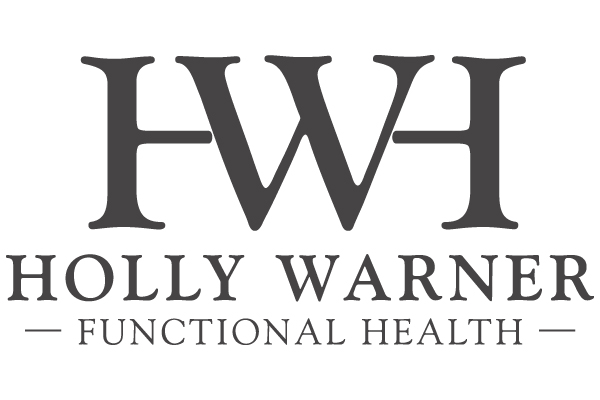

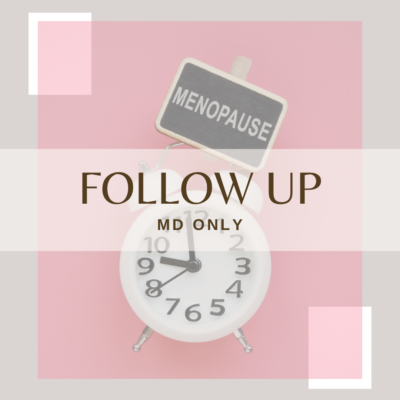
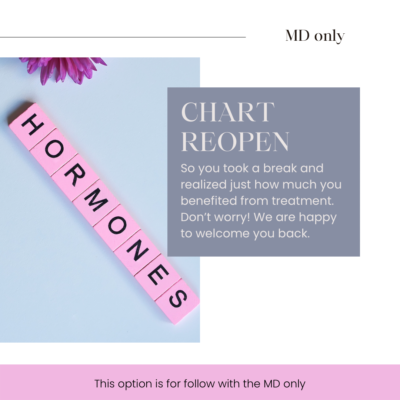
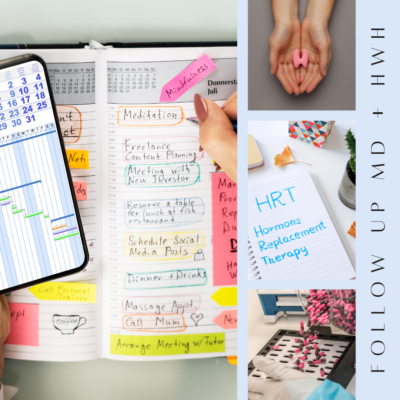
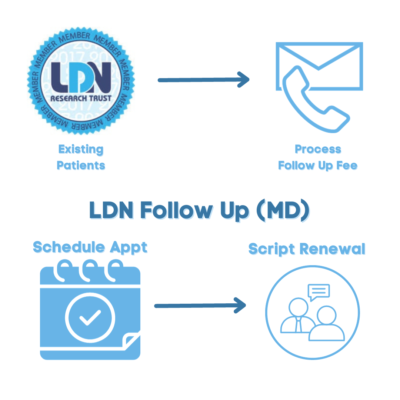
Can progesterone levels be increased by taking oral medication or supplements?
Can progesterone levels be increased by taking oral medication or supplements?
In some cases yes, but in others you need to look at bioidentical hormone replacement. Yams are a natural source of progesterone 😉
I am 61 and had all of those symptoms as a 27 year old. Then had a total hysterectomy at 40.
I have been on hormone replacement for 21 years. Could I still be low on progesterone?
Unfortunately it’s the way it seems to go in most cases, if only we had the tools then to know more.